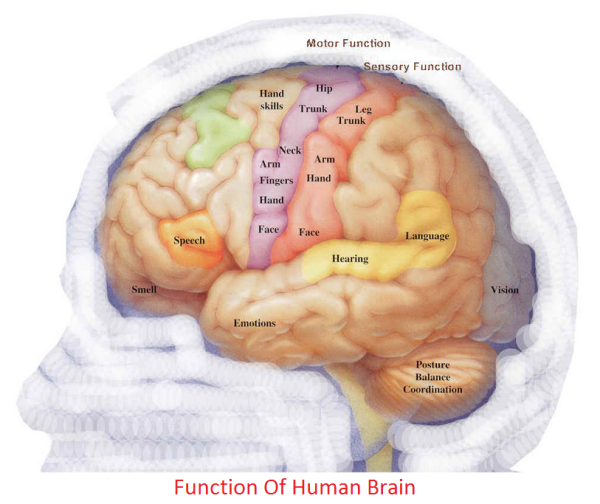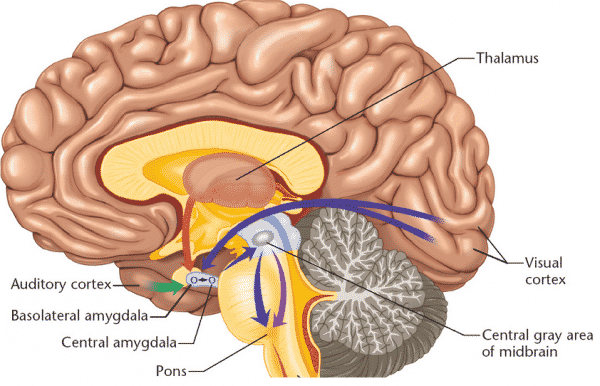Cooperation leads to intelligence. In fact, researchers believe that Intelligence correlated with the size of a brain’s neural network. But experimental evolution of vertebrate brains is impossible but there’s a way to measure the evolution of human intelligence through artificial intelligence. In fact, this is the best way to evaluate the plausibility of the hypothesis. Luke McNally, a Ph.D. student of Trinity College in Dublin’s Theoretical Ecology Research Group, conducted the study with colleagues Sam Brown and Andrew Jackson. They created digital organisms that electronically evolved ‘brains’. The researchers found that, the digital organisms typically started to evolve more complex brains when their societies began to develop cooperation which clearly signifies the idea that cooperation helped to drive the evolution of intelligence in at least certain species.
The constructed artificial neural network model was made to demonstrate the Machiavellian intelligence theory — that human intelligence evolved based on the need for social teamwork and indexing a variety of social relationships and statuses. (Abstract) The experiment involved programming a base group of 50 imitated ‘brains’ which were required to participate one of two classical game theory dilemmas – either the Prisoner’s Dilemma or the Snowdrift game. Upon completion of either game, each ‘brain’ produced ‘offspring’ asexually, with ‘brains’ that made more advantageous choices during the games programmed to have a better chance to reproduce.
A potential random mutation during each generation changed the ‘brain’s structure, number of neurons, or the strengths of the connections between those neurons,’ simulating the evolution of the social brain. After 50,000 generations, the model showed that the intelligence of the programmed brains increased while cooperation increased.
“This is one of the first models showing that selection for efficient cooperative decision making alone can influence the evolution of intelligence, so it provides a really nice proof of concept for the social intelligence hypothesis,” Sarah Brosnan, an assistant professor of psychology and neuroscience at Georgia State University said. “This could potentially explain the large brain sizes seen in several highly cooperative species, including humans.”
To know more, just click here.
Source : Proceedings of the Royal Society
Thanks To : Slash Dot






This is one of the first models showing that selection for efficient
cooperative decision making alone can influence the evolution of
intelligence, so it provides a really nice proof of concept for the
social intelligence hypothesis,